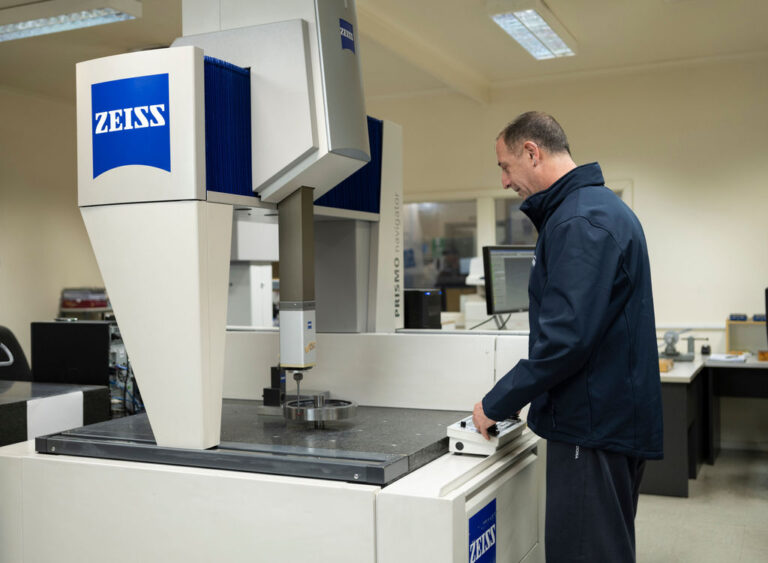

S.G. Prittie manufactures a range of tapered plain plug and ring gauges to ISO 594 and ISO 5356. Variations to standard gauges can be made to suit particular products that have clearance issues with standard gauges. All of our gauges are manufactured from hardened stainless steel with all gauging surfaces ground to ensure high accuracy. All gauges are supplied with an ISO 17025 calibration report.
Design to suit your product
Special blank dimensions available
Storage case
ISO 594
ISO 5356
Tapered plain plug and ring gauges are used to check diameter at a reference length. Steps on the gauge indicate a tolerance band. If the end face of the part is between the max. and min. steps this condition indicates a conforming part.
Customisation is offered on most gauges. We can add a new feature to a standard gauge, manufacture a revised design based on a standard gauge, or design a new gauge to suit your application.
We offer express or economy delivery and can send products to local, interstate and overseas locations. We’re also happy to use your own delivery supplier.
We are an Australian business located in Airport West Victoria. Quality is a priority and we have ISO 9001 and ISO 17025 management systems in place.
Yes, we can design special plain plug and ring gauges for your products.
There is no fixed time, calibration frequency is based on how often the gauge is used and the conditions that the gauge is exposed to. Frequent use and abrasive materials will require more frequent calibration, low use in a clean environment will allow less frequent calibration. Usually the user determines the calibration frequency.